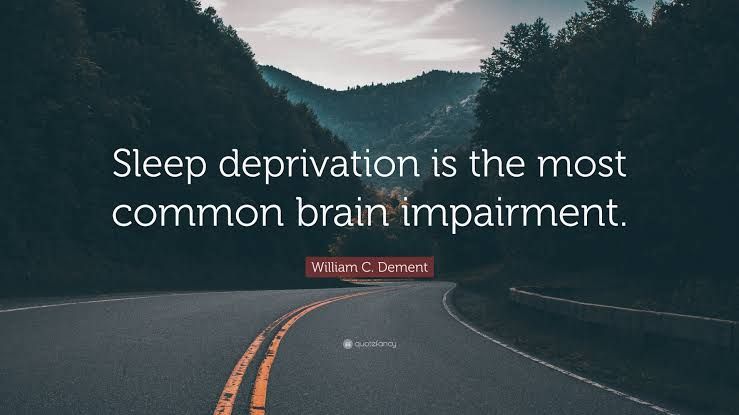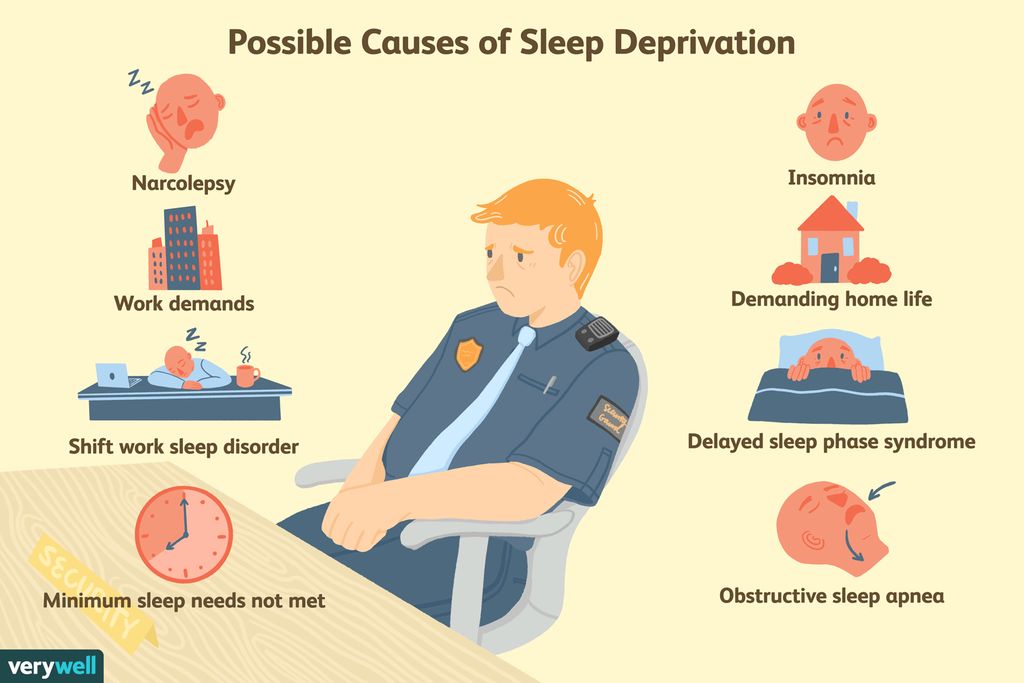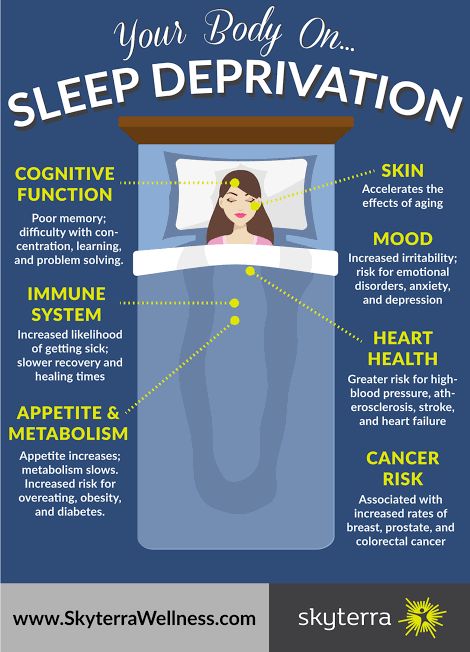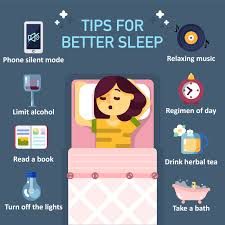Why Sleep Deprivation Is Deadly?
May 18, 2019 • 63 views

Sleep Deprivation, sleeplessness or lack of sleep is when a person doesn't get the required amount of sleep, which is 7-8 hours a day for an adult, generally, though some people may require more or less to function properly. When calculated, this 7-8 hours a night reaches upto around 25 years of a person's lifetime, i.e., one sleeps for about 1/3 of his life. Even then, lack of sleep is catastrophic for us.

Symptoms of sleep deprivation include - prolonged fatigue, yawning, increased anxiety, etc. In fact, three-quarters of those who suffer from depression also suffer from a lack of sleep. But, these are just some of the starting ill-effects. The real picture is much bigger.
Sleep deprivation can lead to -
Memory and concentration issues : During sleep, your body forms connections to help you process and remember things. Sleeplessness slows down this process.
Weakened immunity
High BP, therefore, risk of heart diseases
Diabetic risks, by increasing blood sugar levels
Mood swings
Weight gain, as during sleeping, our body burns calories. Not only that, you can lose a pound of weight during a night’s sleep simply by exhaling

Through more of such sleep-facts, let's know how and why sleeplessness can be a major roadblock towards a healthy lifestyle.
1. An average person falls asleep in seven minutes. So, if you spend more time in twisting and turning in your bed, know that you are sleep deprived.
2. This one's for the frequent flyers, who could be more at risk of sleep deprivation. Flying at high altitudes leads to a disturbed sleep due to the lack of oxygen.
3. One sleepless night affects a person's brain in the same way as of him being drunk!
4. Although insomnia (inability to sleep) is the most common sleep disorder, here's another one. Undoubtedly, most of us have find it tricky getting out of bed every now and again, but those suffering from Dysania find it particularly difficult. It's most likely to be a form of Chronic Fatigue Syndrome, which makes getting out of beds a rather anxious event for people. There's one more - Clinomania, an overwhelming desire to stay in bed all the time.
5. Sleep deprivation can also lead to various unexpected, but surprisingly common psychological conditions, like, hallucinations, disorientation and paranoia.
6. Sleep deprivation can kill a person more quickly than food deprivation! Yes, while one can go without food for around 60 days, the record for a person living without sleeping is comparatively a mere 11 days.
7. Lack of sleep is also said to reduce a person's pain tolerance levels.

Hence, to be well, sleep well!
